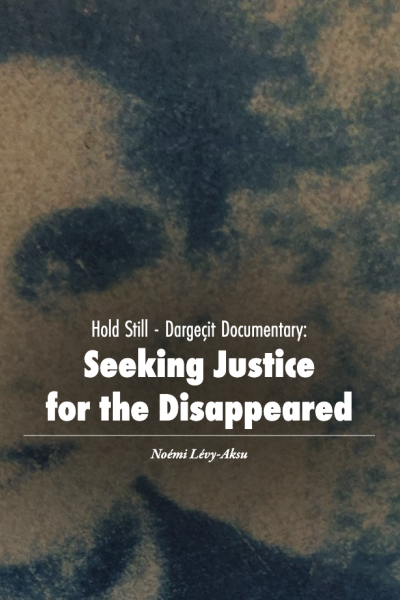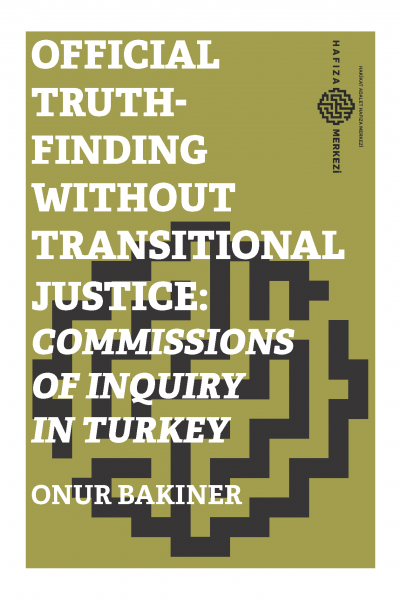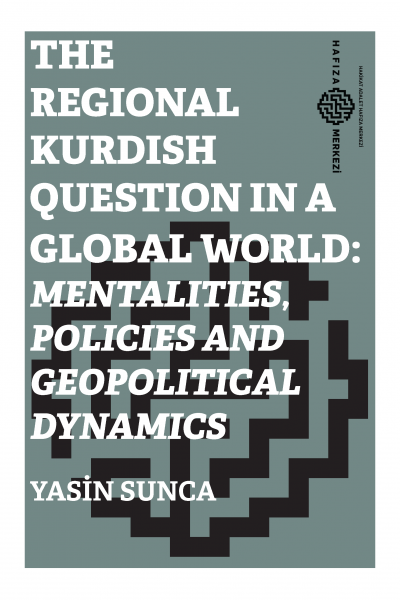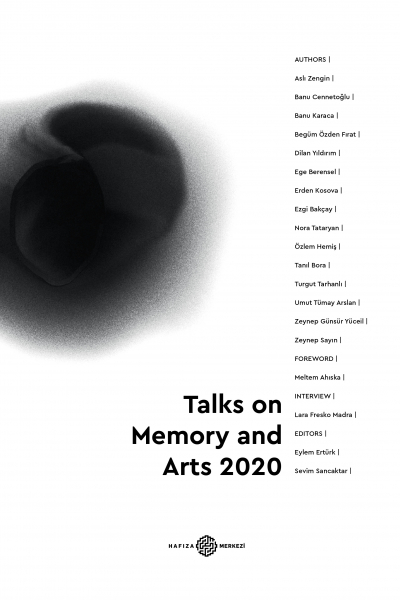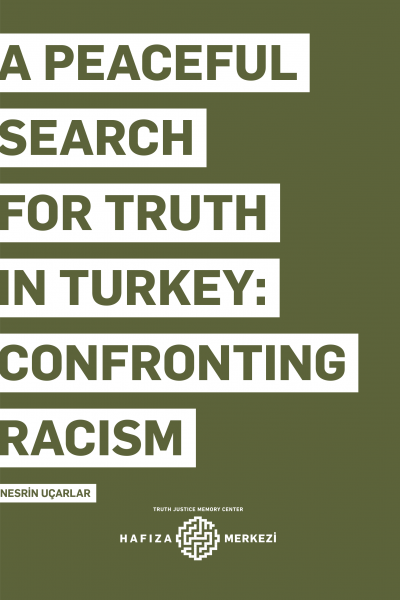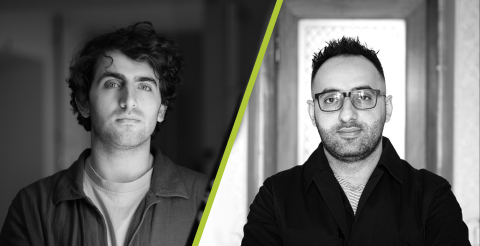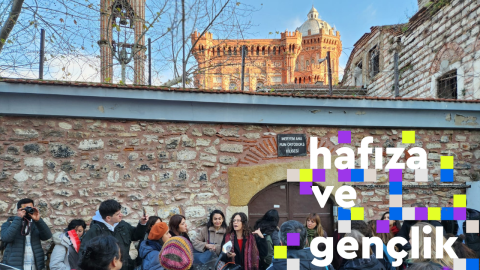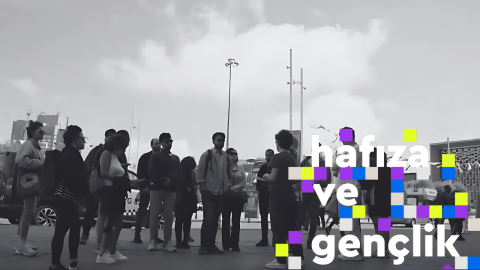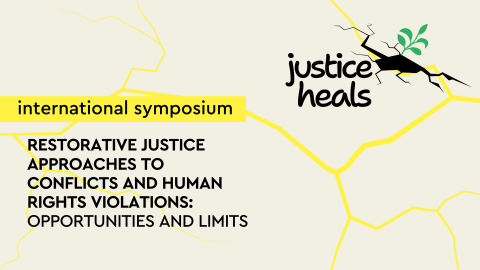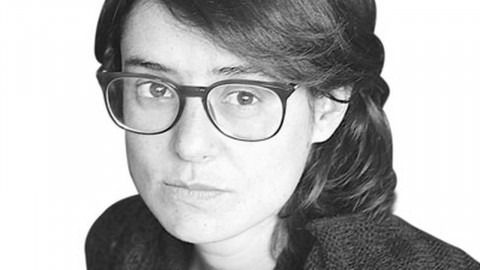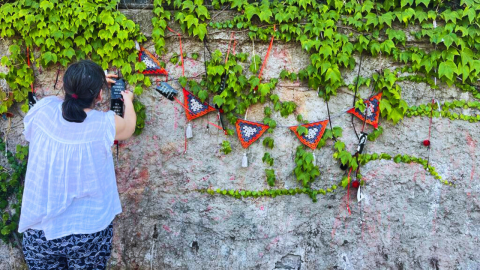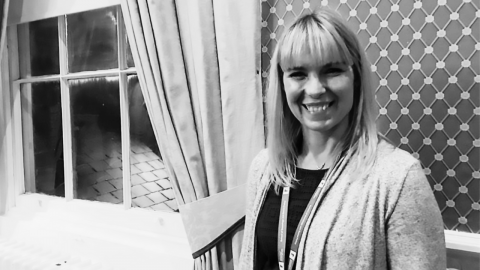Memorialize Turkey
Start Date: 31.12.2012
End Date: Ongoing
Website: https://memorializeturkey.com/en

"Memorialize Turkey" is an online compilation about memory projects in Turkey. The website introduces memory studies related to numerous groups and individuals who have suffered severe human rights violations from the late period of the Ottoman Empire to the establishment of the Republic of Turkey.
Objective
In the struggle for truth, justice, and memory, it is crucial to involve wide segments of society in the process of learning from past mistakes and to make the motto "Never Again!" come to life. This website, designed as a selection, aims to contribute to the development of commemorative activities and to enhance curiosity, understanding, and questioning skills regarding human rights and past injustices.
Background
This project was initiated in 2013 through collaboration between the World Policy Institute, Fetzer Institute, and the Istanbul-based Memory Center. The initial idea for the project was proposed by Belinda Cooper, a member of the World Policy Institute, after participating in a workshop on memory organized by the Memory Center in December 2011. The project aimed to compile memory efforts implemented by different actors to contribute to the democratization of the memory field in Turkey, where an exclusionary, nationalist, and one-dimensional national memory prevailed. To further explore numerous questions about memory raised during this initial workshop and to investigate in-depth how memory can contribute to human rights and democracy, a second workshop was organized in February 2013 in Mardin, bringing together Turkish participants interested in memory from diverse political, ethnic, and religious groups. We also invited memory experts from three countries, Germany, Israel, and Bosnia, who deal with challenging and controversial historical processes. The website "Memorialize Turkey" emerged as a natural outcome of these workshops.
Activities
Websites
The first version of the "Memorialize Turkey" website, published in 2013, included information about 26 memorialization projects throughout Turkey regarding past atrocities that have been denied, suppressed, or misinterpreted. Most of these initiatives were physical commemorations such as sculptures, places of worship, parks, monuments, and former prisons, representing more traditional forms of memory. In 2019, we added 12 new studies to the website, bringing the total number of projects to 37. It is possible to filter these 37 projects based on their format and ownership. The current version of the website is the result of a redesign process that started in 2022. During this transformation process, all content was reviewed and updated to make the site visually appealing and readable.
Interviews, Essays, Resources
The new version of the website also adopts a more inclusive and participatory approach to the field of memory. In this context, we included resources related to memory in the library section and prepared new content such as interviews and essays with stakeholders for each study. These additions aim to better document the multidimensional processes of memory studies and provide space for the experiences and thoughts of victims, survivors, civil society actors, artists, designers, and various individuals and groups. We hope that this polyphonic structure will also contribute to critical approaches and discussions regarding memory fields in Turkey and around the world.
Contact us
To ensure that the "Memorialize Turkey" website is multivocal and multiperspective and to be able to closely follow developments in the field of memory, we welcome contributions from our readers. You can share your correction suggestions, additions, and comments regarding the existing content with us via the email address memorializeturkey@hafiza-merkezi.org. Please note that the publishing process may take some time as your correction and addition suggestions need to go through an editorial process.
For background information, methodology, team, and sponsor details about the project, you can visit the project website.
